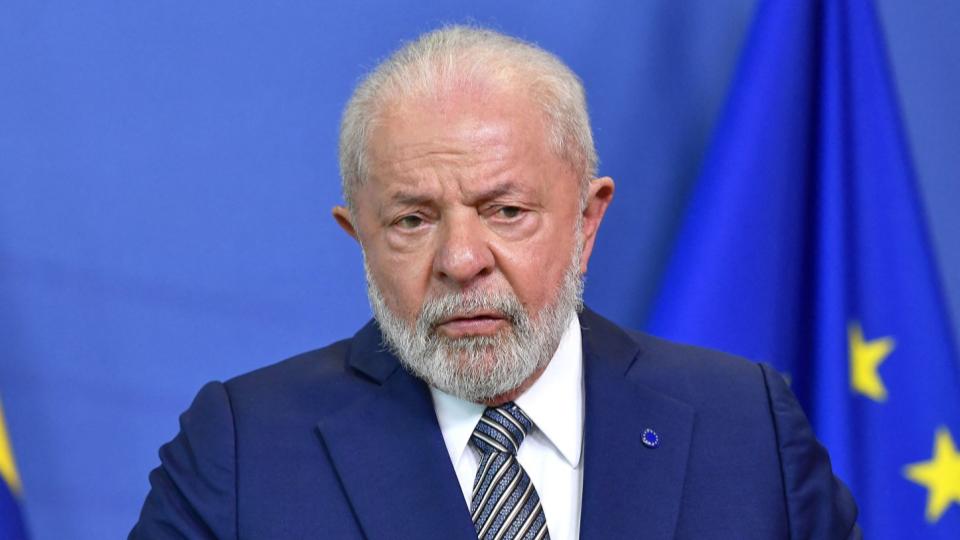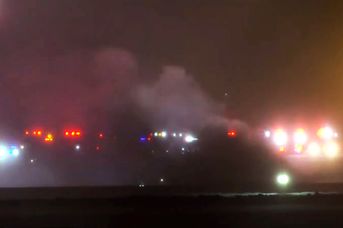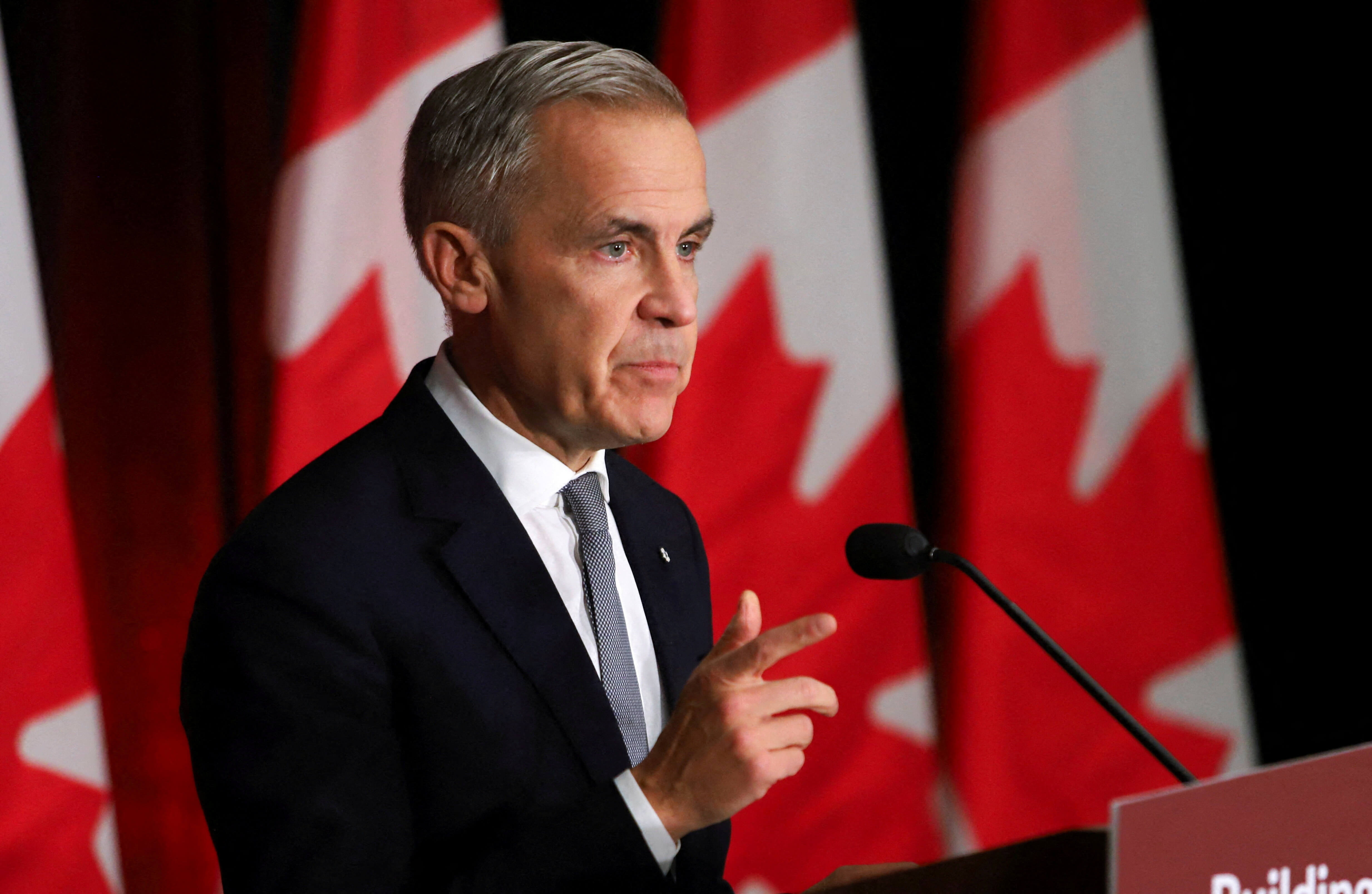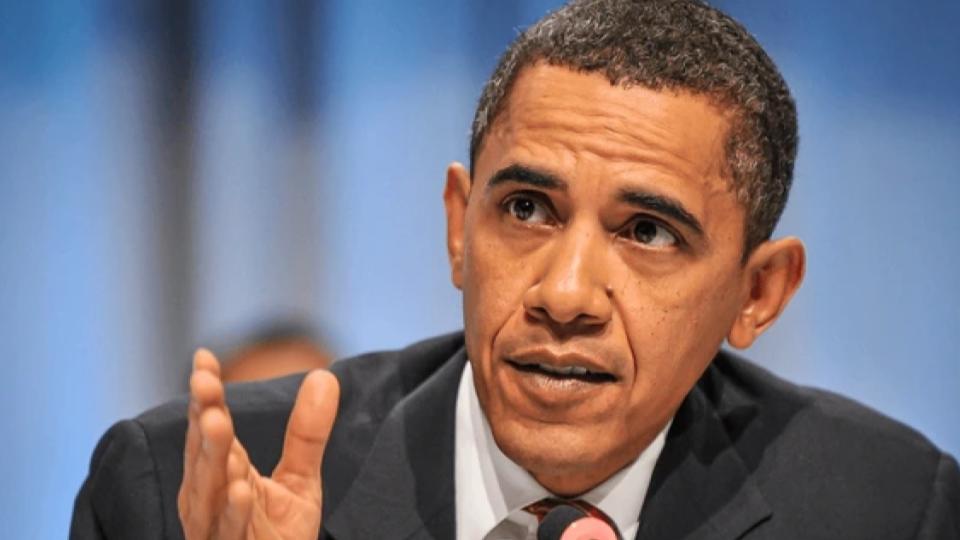BA’s Boeing 777 splash down in Oman after first direct flight to Muscat from London
Tue 01 Nov 2016, 09:18:46
British Airways’ new direct flight between Oman and London touched down at Muscat International Airport on Monday morning as the carrier refocuses its route network including transatlantic operations.
The UK carrier, which first began flying to Oman in 1972, inaugurated the new service with a water cannon salute in the Omani capital upon arrival.
For passengers who previously flew between the two cities via Abu Dhabi, the flying time on the service has been cut to seven hours and 15 minutes, from the previous nine hours and 45 minutes’ journey. The service is operated by the airline’s Boeing 777, five times per week, featuring four cabins classes – first, club world BA’s business class, world traveller plus and world traveller – BA’s economy cabin.
"British Airways has successfully served the Omani market for more than four decades," said Anjulika Dutton, BA’s commercial manager for the UAE, Oman, Egypt and Central Asia. "During this period, we have witnessed a strong growth in passengers travelling between these two regions, and anticipate that this new direct service will further enhance connectivity for business and leisure travellers between Oman and the UK."
Departing Muscat International Airport at 10.55am, the flight lands at London Heathrow’s Terminal 5 at 2.55pm on the same day, with the return journey departing the British capital at 7.50pm and arriving in Muscat at 7.05am the following morning.
Meanwhile, British Airways is planning to rein in capacity on over-supplied North American routes while looking to open up some new destinations, including New Orleans, which it will serve from London Heathrow four times a week from March, and Fort Lauderdale, Florida, which will get three flights a week from London Gatwick starting in July. It is betting on a transatlantic boost from
the weaker pound to help offset the negative impacts of the UK’s Brexit vote.
the weaker pound to help offset the negative impacts of the UK’s Brexit vote.
BA’s dollar bookings will be worth more following Sterling’s near 20 per cent decline against the US currency, while there is scope for higher fares as US carriers rein in capacity, Willie Walsh, chief executive officer of its parent company IAG, said at the weekend.
"With the reduction in capacity that we’re seeing our competitors take, I think that’s an indication of a more positive environment," Mr Walsh said. "I’d expect that to continue through into 2017. It’s a margin opportunity."
US operators could also lift the price of tickets sold in the UK to compensate for the lower value of their sterling sales, providing BA with further headroom to increase prices.
IAG reported a third-quarter operating profit of €1.21 billion (Dh4.86bn) and forecasting full-year figure of €2.5bn, both matching analyst estimates. That cuts the stock’s decline since the Brexit poll to 16 percent and values the business at £9.4bn (Dh42.02bn).
"The weak pound improves BA’s cost competitiveness as it particularly competes with dollar-based US carriers who have not seen the currency impact on their cost base but have seen the impact on their revenue base," Walsh said, likening the carrier to "an exporter."
US carriers including Delta Air Lines, United Continental and Southwest Airlines have started to increase ticket prices on domestic and international routes in a bid to reverse more than 18 months of depressed fares across the industry as growth outpaced demand. BA operates its trans-Atlantic business as an antitrust immune joint venture with American Airlines, Finnair and sister company Iberia, which means that the four share revenue and are allowed to coordinate prices and timetables.
No Comments For This Post, Be first to write a Comment.
Most viewed from International
Most viewed from World
AIMIM News
Latest Urdu News
Most Viewed
May 26, 2020
Is it right to exclude Bangladesh from the T20 World Cup?
Latest Videos View All
Like Us
Home
About Us
Advertise With Us
All Polls
Epaper Archives
Privacy Policy
Contact Us
Download Etemaad App
© 2026 Etemaad Daily News, All Rights Reserved.


















.jpg)


















.jpg)
.jpg)
.jpg)


